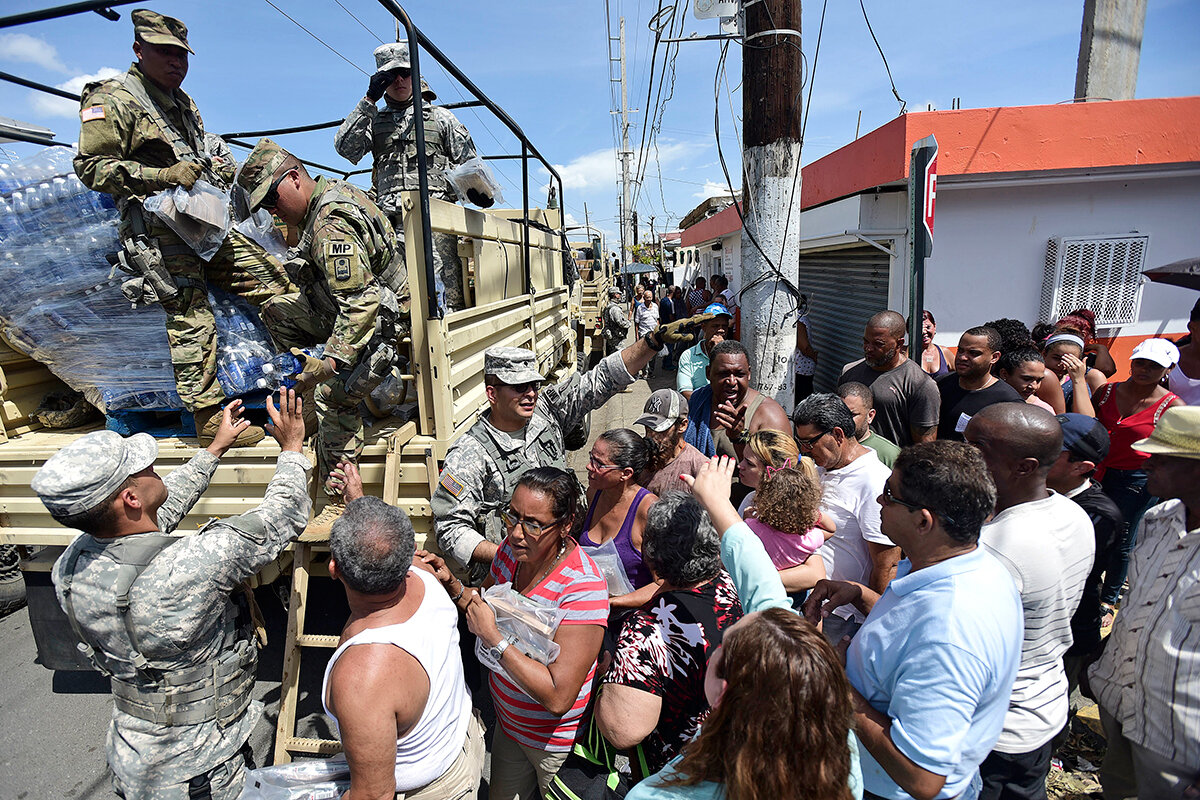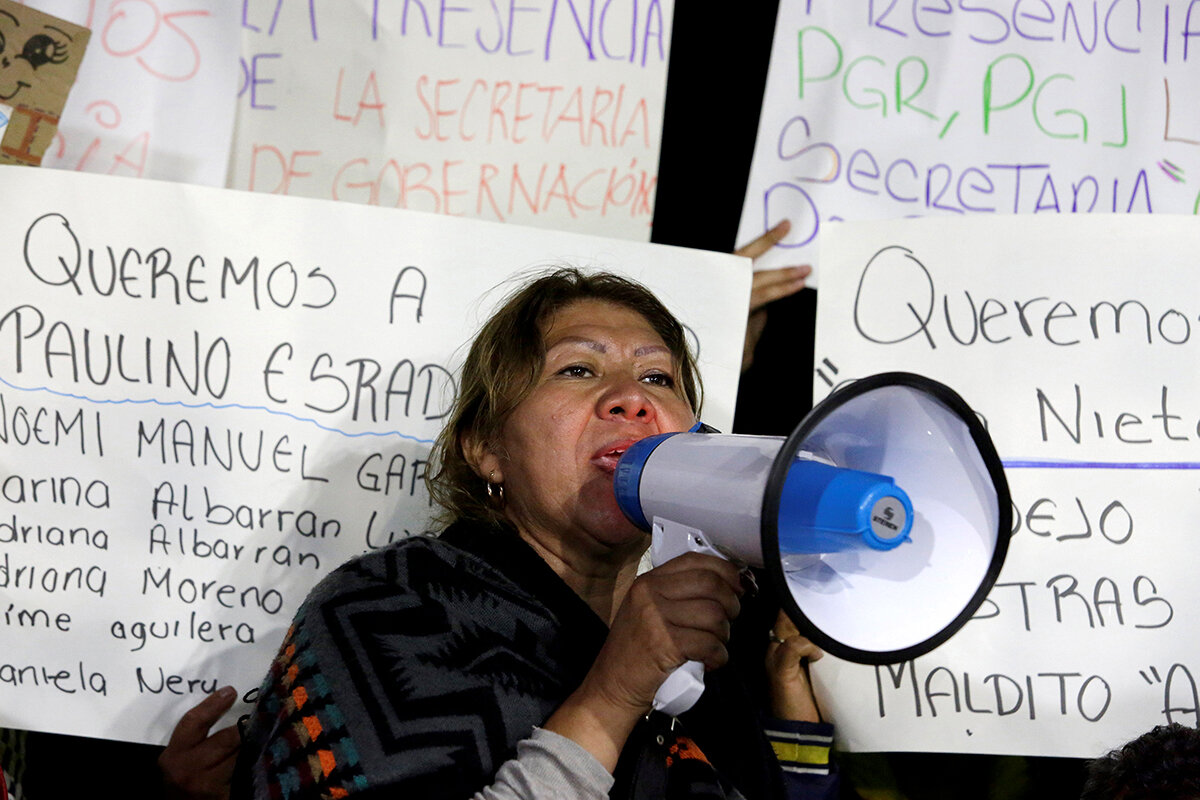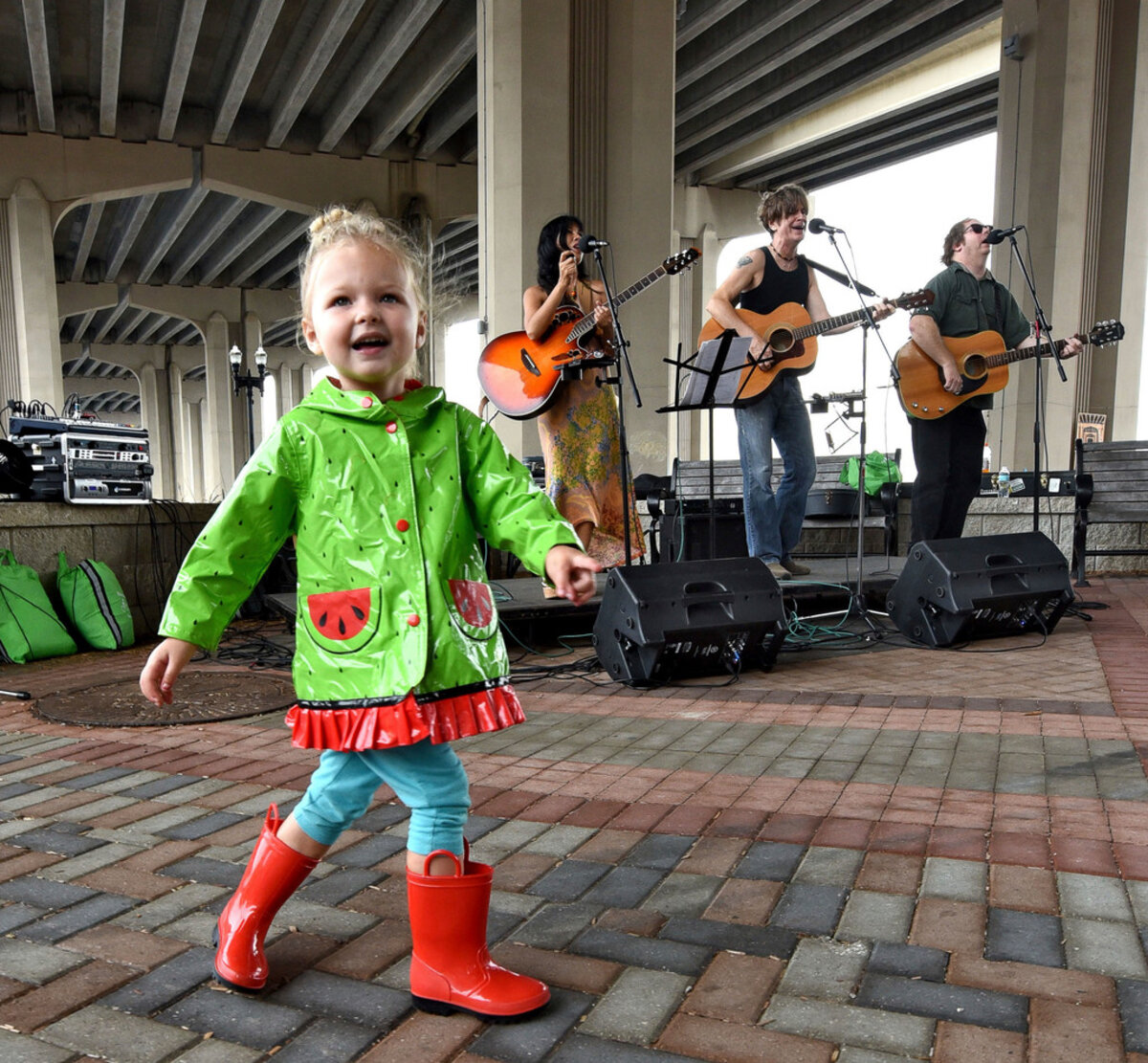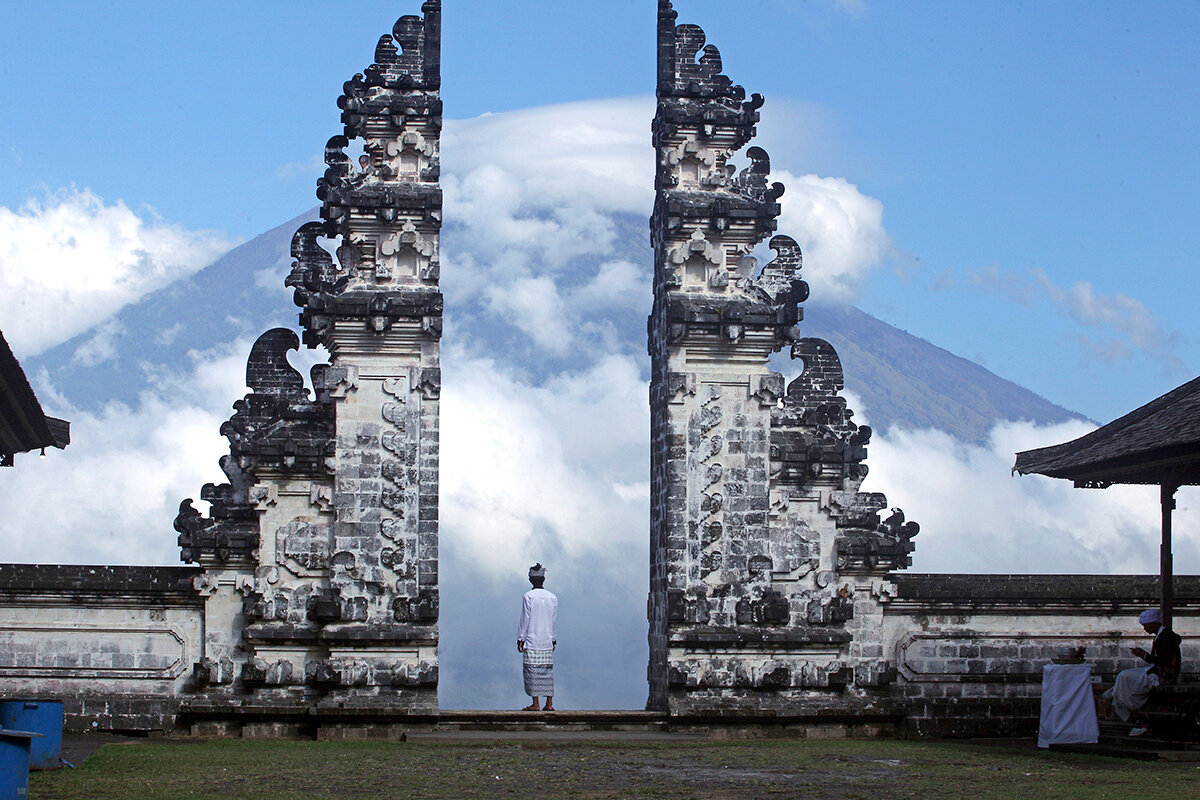Out of the devastation wrought by hurricanes Irma and Maria, Puerto Rico may yet find a path to progress on its chronic financial woes.
Monitor Daily Podcast
- Follow us:
- Apple Podcasts
- Spotify
- RSS Feed
- Download
 David Clark Scott
David Clark Scott
Yes, the First Amendment of the US Constitution guarantees the right of free speech.
But hypocrisy and misunderstanding are rampant on this subject.
On Tuesday, US Attorney General Jeff Sessions gave a speech lamenting the loss of conservative voices in the liberal echo chamber of American universities – supposedly a place where ideas flow freely.
Then, Mr. Sessions spoke to a small invitation-only group at the Georgetown University Law Center that screened out protesters.
From NASCAR to the NFL, from Berkeley, Calif., to Charlottesville, Va., it seems like someone, somewhere is championing – or denying – free speech. For liberals, a speech by white supremacists is a guise for hate speech. For conservatives, a kneeling protest by NFL players is disrespecting the national anthem and American veterans.
On Sunday, Pittsburgh Steelers lineman Alejandro Villanueva, a US vet, stood alone, hand over heart during the national anthem. Conservatives applauded. On Monday, Mr. Villanueva said he won’t kneel. But he defended his teammates, saying they “are not saying anything negative about the military, not saying anything negative about the flag. They're just trying to protest the fact that there are some injustices in America.”
He added that US soldiers “signed up and fought so that somebody could take a knee and protest peacefully….”
As we consider these ideals, we all may become better students – and defenders – of the US Constitution.
Now our five news stories, intended to highlight progress, integrity, and justice at work.










